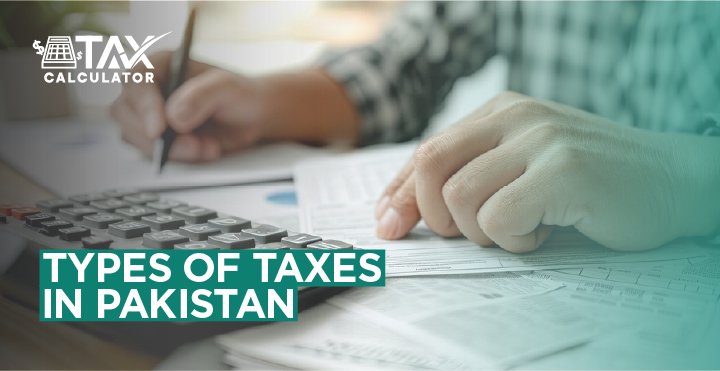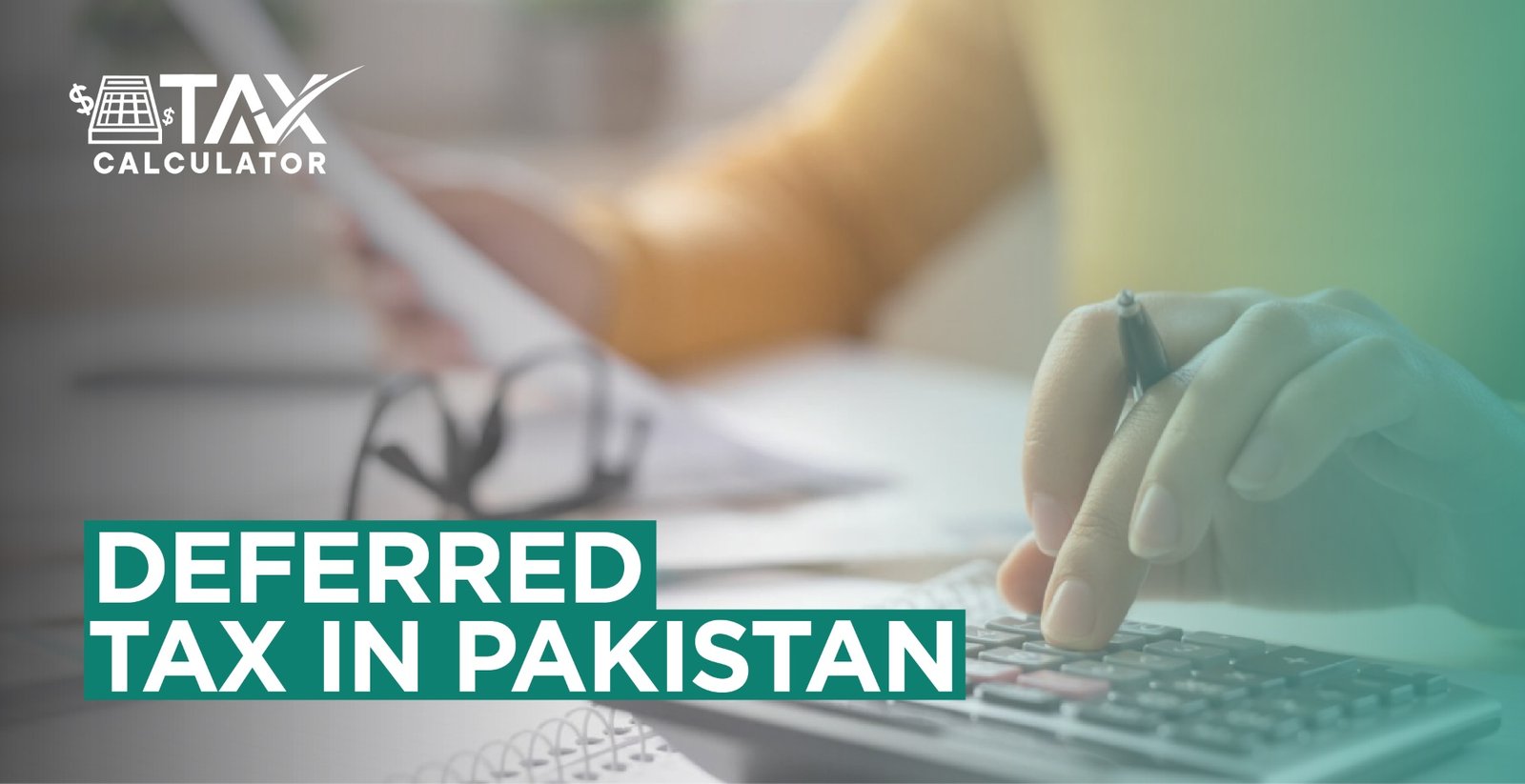Rental income has become one of the most common sources of earnings for property owners in Pakistan. If you own a house, apartment, or commercial property and earn income by renting it out, the government requires you to pay tax on rental income.
Last month, a client from Lahore came to me with real panic. He had received a notice from FBR because he had been collecting rent but not paying any taxes for five years, on three of his rental properties. He believed that rental properties are not obligated to pay taxes in Pakistan because most rental property owners do not pay taxes. But that’s not true anymore.
Over the years, FBR has been strengthening its control on property income by introducing new tax slabs, strict filer vs non-filer regulations, and clear-cut guidelines for withholding tax (WHT) deductions. These changes have caused a lot of confusion among landlords and tenants, with questions such as how much tax to pay as a filer, what deductions to claim, or what documents to submit, etc.
Misunderstanding these rules can lead to overpayment, penalties, or missed opportunities for legitimate deductions. In this article, we will cut through all the confusion and present the latest rental income tax updates. Have a look!
What is Rental Income?
Rental income tax is the income tax applied to money earned from letting out property. According to FBR, it applies to:
- Individuals who rent out houses, flats, or shops.
- Companies or associations earning rental income.
If you earn rent in Pakistan, you must declare it in your annual income tax return even if it’s your only source of income. We cannot determine a minimum amount on which taxes are applied. Even the smallest amount of rental income, such as 10,000 PKR, is also obligated to tax.
Rental Income Tax Rates in Pakistan (2025)
FBR applies tax on rental income using defined slabs. For individuals, the latest tax rates (2025) are:
- Up to PKR 200,000 per year → No tax
- PKR 200,001 – 600,000 → 5% of the amount above 200,000
- PKR 600,001 – 1,000,000 → Fixed 20,000 + 10% of the amount above 600,000
- PKR 1,000,001 – 2,000,000 → Fixed 60,000 + 15% of the amount above 1,000,000
- PKR 2,000,001 and above → Fixed 210,000 + 20% of the amount above 2,000,000
If your annual rental income is PKR 1,200,000, you fall in the 1M–2M bracket. Tax = 60,000 + (15% of 200,000) = PKR 90,000.
Allowable Deductions & Exemptions on Rental Income
The good news is that you don’t have to pay tax on the entire rent you receive. Certain deductions and exemptions apply.
In simple terms, you can claim certain significant expenses (such as maintenance or property taxes) related to your property; this way, you will not have to pay those expenses separately, as the amount of these costs will reduce your rental taxes.
- 20% Standard Deduction: FBR allows a flat 1/5th deduction of your gross rental income for repairs and maintenance.
- Exemptions: Rental income from government properties, religious organizations, or charitable institutions may be exempt.
- Tax Credits: Zakat, donations, and investments in approved schemes can reduce your final liability.
Always maintain documentation to support these deductions if FBR requests it.
How to File Rental Income Tax with FBR
You need to declare rental income as a part of your annual tax return. Here is a simple process:
- Register on the IRIS Portal (if you haven’t already).
- Log in and open the “Income Tax Return (Individuals)” form.
- Go to the Property Income section and enter your rental details.
- The system will automatically apply the relevant slab and calculate your liability.
- Submit your return before the deadline (usually September 30).
Documents you should keep ready: tenancy agreement, rent receipts, CNIC of tenant (if required), and bank statements.
Common Mistakes Property Owners Make
Many landlords unknowingly make errors while filing rental income tax, such as:
- Not declaring rental income at all.
- Mixing rental income with salary/freelance income incorrectly.
- Forgetting to claim the 20% deduction.
- Filing after the deadline and facing penalties.
Avoid these mistakes to stay compliant and stress-free.
Tips to Reduce Tax Burden Legally
You cannot avoid taxes, but you can minimize liability legally:
- Claim the 20% repair deduction.
- Keep proper documentation of all expenses.
- Use Zakat and donations to reduce taxable income.
- Consult a tax advisor if your rental income is significant or spread across multiple properties.
FAQs on Rental Income Tax in Pakistan
How much tax will I pay on 1 lakh monthly rent?
That equals PKR 1.2 million annually. Tax = approx. PKR 90,000 (under the 2025 slabs).
Can I deduct maintenance expenses separately?
No. Instead, you get a flat 20% deduction on gross rent to cover maintenance and repairs.
Are overseas Pakistanis liable to pay tax on rental property?
Yes. If the property is in Pakistan and brings in rent, that income is taxable, even if the owner resides outside the country.
Conclusion
The rent income tax in Pakistan may appear to be difficult, but once you have a clear understanding of the slabs, deductions, and procedures for filing, it is easy. I understand this is a relatively small tax, and that as a good citizen, paying it on its due date not only spares you from penalties but also makes you a filer, a status that would allow you to lower your withholding taxes in many transactions.
Use our Rental Income Tax Calculator to instantly check your tax liability. For professional help with tax filing, contact our experts at PakTaxCalculator or call +92 321 6306286 for instant assistance.



